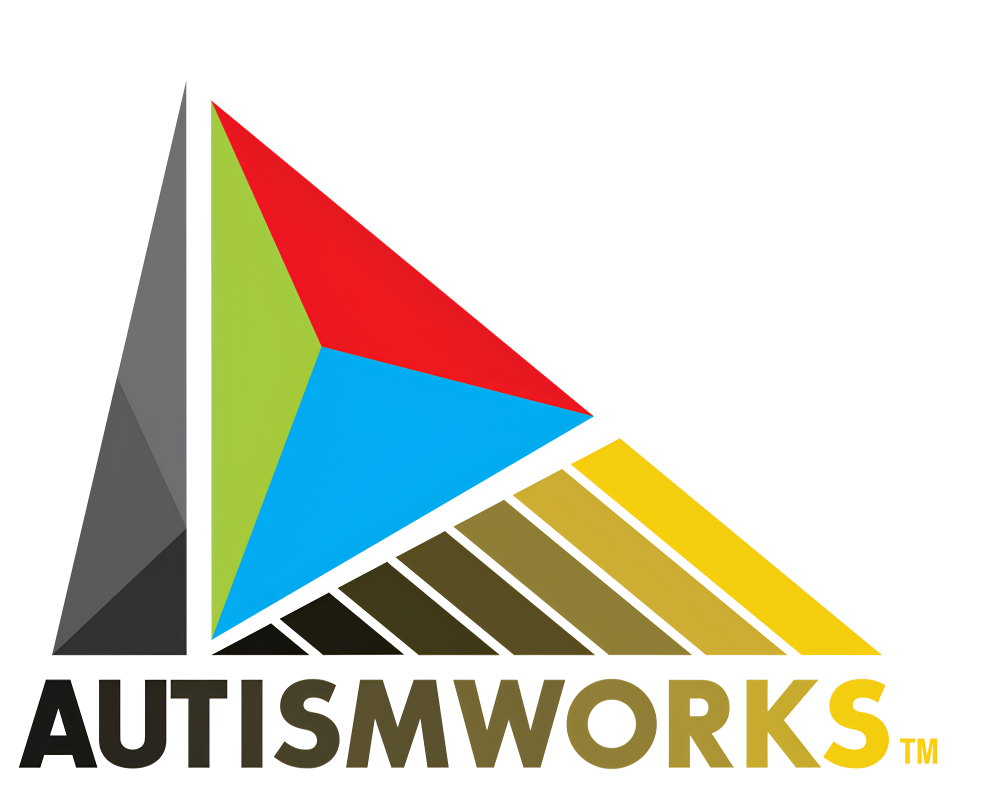Understanding Humor: Finding Your Own Style of Funny
Hello AutismWorks Community,
Humor is everywhere—on TV, in conversations, online, and in our daily lives. For many people, it’s a way to connect, express joy, or even deal with stress. But for some individuals with autism, humor can feel confusing. Jokes might not always make sense, sarcasm can be hard to recognize, and sometimes things are taken literally when they were meant to be funny.
The good news? Comedy is universal. That doesn’t mean everyone laughs at the same things—but it does mean everyone can find their own way to enjoy it. Humor isn’t about fitting in—it’s about discovering what makes you smile.
Why Humor Can Be Tricky
For those who experience the world more literally or logically, comedy can sometimes feel like a puzzle with missing pieces.
-
Literal Interpretation – Many jokes involve double meanings, exaggeration, or twists in language that don’t match up with reality.
-
Missing Context – Some jokes rely on shared knowledge, cultural references, or unspoken social cues that aren’t always easy to pick up.
-
Tone and Delivery – Figuring out whether someone is joking or serious often depends on subtle tone changes or facial expressions.
If a joke doesn’t land for you, that’s completely okay. It doesn’t mean you lack a sense of humor—it just means your brain processes it differently.
Understanding Why Others Laugh
Even if a joke doesn’t seem funny to you, taking a moment to understand why other people are laughing can be helpful.
You can ask yourself:
-
What was unexpected or surprising about what was said?
-
Was there a play on words or a twist in meaning?
-
How did other people react, and what seemed to make it funny to them?
Understanding the structure of humor—even without laughing—can be a great step toward feeling more connected in social situations.
Your Humor is Yours to Define
There’s no “correct” way to enjoy comedy. Some people laugh at puns and wordplay, while others prefer slapstick, dry humor, or clever observations. Humor is as personal as music, food, or fashion—everyone has different tastes.
You might enjoy:
-
Cartoons or visual gags
-
Silly sounds or playful nonsense
-
Clever jokes or puns
-
Comedy with a message or story
-
Quiet moments of irony or surprise
What matters most is this: you get to choose what makes you laugh.
You Don’t Have to Laugh at Everything
Here’s something important to remember:
-
It’s okay to not laugh at a joke.
-
It’s okay to not understand a joke.
-
It’s okay to ask questions or say, “Can you explain what’s funny about that?”
Not everything has to be funny to you—and you don’t have to pretend just to go along. Over time, you may find that you enjoy certain types of humor more than others, or even create your own style of comedy that fits you best.
Humor Is a Journey, Not a Race
Humor is one of those wonderful things in life that grows with you. Whether you laugh out loud, smile quietly, or simply understand the “funny part” without reacting, it still counts.
You don’t need to fit into anyone else’s sense of humor. Just like with everything else in the autism community, individuality is something to celebrate. The important thing is finding what you enjoy, learning from what others find funny, and knowing that your version of humor is just as valid.
Because comedy truly is universal—just experienced in your own unique way.
Warm regards,
Tyler McNamer



Responses